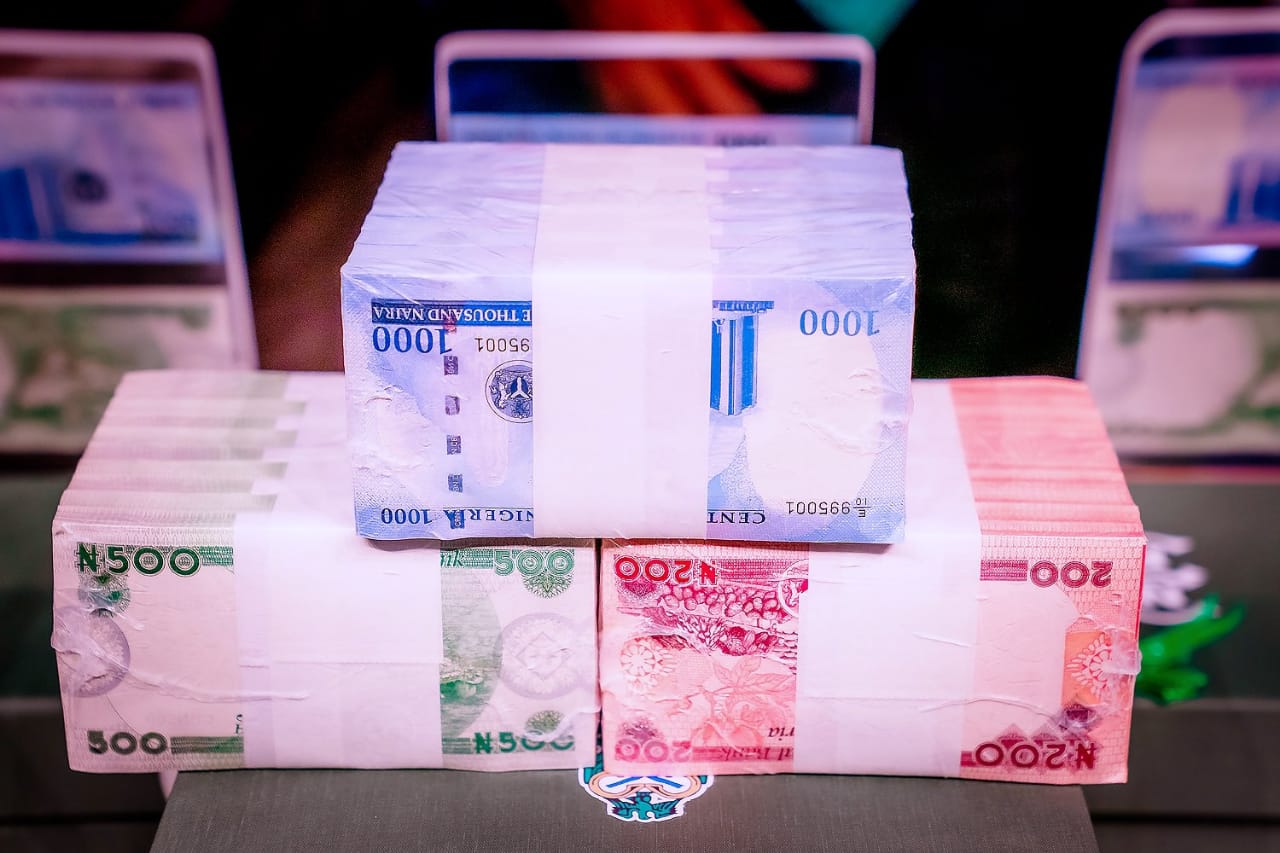Naria Appreciates 3.11% To N1,408.04/$
The Naira on Monday appreciated by 3.11 percent against the Dollar at Nigerian Autonomous Foreign Exchange Market (NAFEM) Window, closing at a rate of N1,408.04.
The local currency has been on positive trajectory lately amid Central Bank of Nigeria (CBN) numerous policies to tackle scarcity of which part was foreign exchange supply to Bureau De Change operators (BDCs).
The apex bank in a circular to BDCs informed them that it has sold $10,000 to each BDC at a rate of N1,251 against the dollar.
Each BDC is instructed to sell the dollars to eligible customers at a rate not exceeding 1.5per cent above the purchase price.
This suggest BDC are not expected to sell above N1,269 against the dollar
“We refer to our letter to you referenced TED/DIR/CON/GOM/001/071 in respect of the above subject wherein the CB approved a second tranche of sale of FX to eligible BDCs.
We write to inform you of the sale of $10,000 to each BDC at the rate of N1,251/$1. The BDCs are to sell to eligible end users at a spread of NOT MORE THAN 1.5 per cent above the purchase price.”
This confirms the resumption of dollar sales to BDC operators after a prolonged period of suspension by the central bank in 2021.
The ban was lifted earlier in the year following the revocation of licences of over 4173 BDC operators in February.
At an estimated 1,500 BDC licenses remaining, over $15 million might have been sold into the retail end of the market. Before the revocation Nigeria had an estimated 5,689 licenses.
The resumption of forex sales to BDCs indicates that the apex bank is refocusing on enhancing liquidity in the retail segment of the forex market.
Previously, price arbitrage was a significant reason for the prohibition of forex sales to operators during Godwin Emefiele’s tenure, a time when the exchange rate was fixed.
However, with the exchange rate now being “market-determined” under a new forex regime, the apex bank believes that operators no longer have the incentive to engage in arbitrage by purchasing at lower rates from the CBN and selling at higher rates in the parallel market.
By enhancing liquidity, the central bank aims to stabilize the forex market, narrow the gap between official and parallel market rates, and ultimately reduce the volatility of exchange rates.
This strategy is expected to make forex more accessible to retail and small-scale enterprises, fostering a more transparent and efficient market.



Comments are closed.